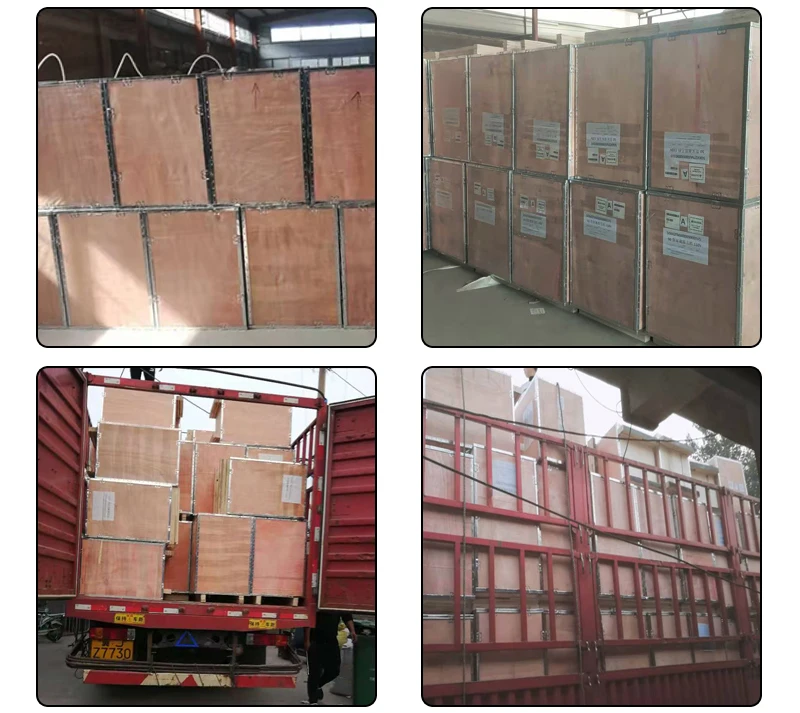Effective Uses of Chicken Wire Cages in Gardening and Animal Care
Aug . 20, 2024 15:53 Back to list
Effective Uses of Chicken Wire Cages in Gardening and Animal Care
The Use and Benefits of Chicken Wire Cages
Chicken wire cages have long been utilized in the farming and agricultural industry, serving as an essential tool for poultry management and animal husbandry. Made from thin, flexible strands of metal twisted together, chicken wire provides an effective barrier that allows for protection while providing ventilation for the housed animals. The versatility and practicality of chicken wire cages make them a favored choice among both commercial and backyard chicken keepers.
One of the primary advantages of using chicken wire cages lies in their ability to keep chickens safe from predators. In many regions, birds of prey, raccoons, coyotes, and other animals pose a significant threat to free-ranging hens. By constructing secure cages using chicken wire, farmers can create a safe haven for their flock. The mesh's small openings prevent larger animals from entering, while also allowing chickens to see their surroundings, which can reduce stress and promote a natural behavior.
In addition to predator protection, chicken wire cages help manage the chickens' living environment. They allow for adequate airflow, helping to keep the area dry and reducing the risk of mold or disease that can occur in more confined spaces. Furthermore, chicken wire cages can be designed to include nesting boxes and perches, enhancing the comfort and productivity of the hens. Happier chickens tend to lay more eggs, which is a critical factor for those raising poultry for egg production.
Another significant benefit of using chicken wire cages is their cost-effectiveness. Chicken wire is relatively inexpensive and widely available, making it accessible for farmers of all sizes. Additionally, the lightweight nature of chicken wire makes it easy to handle and install. Whether constructing a permanent shelter or a temporary enclosure, the adaptability of chicken wire allows farmers to customize their setups according to their specific needs.
chicken wire cages

Sustainability is another aspect in which chicken wire cages shine. Many poultry keepers aim for sustainable practices, and chicken wire cages can be an integral part of this approach. By providing a controlled environment for chickens, farmers can implement organic practices that limit the use of chemicals and promote natural pest control. Furthermore, with thoughtful cage designs, chickens can be rotated through different pastures, allowing for the land to recover and reducing the impact on any single area.
Despite these numerous benefits, it is crucial to consider the design and construction of chicken wire cages carefully. Not all chicken wire is created equal; some products are thinner and less durable, which could lead to premature wear and potential breaches in protection. It is essential for farmers to invest in high-quality materials and ensure that the cages are securely fastened to withstand weather conditions and potential predator attacks.
Moreover, while chicken wire cages provide a safe environment, they should not be the sole housing solution. Chickens require a balanced diet, proper veterinary care, and ample space for exercise. It is crucial for farmers to prioritize the overall well-being of their flock and not rely solely on confinement.
In conclusion, chicken wire cages serve as a valuable asset in poultry management, providing safety, cost-effectiveness, and environmental benefits. Through proper design and consideration of the chickens' overall needs, these cages can contribute to a thriving, sustainable farming operation. As the poultry industry continues to evolve, chicken wire cages will remain a quintessential part of ensuring the health and productivity of our feathered friends.
-
Automatic Feeding Line System - Anping Yize | Efficiency&Durability
NewsJul.29,2025
-
Automatic Feeding Line System - Anping Yize|Poultry Efficiency&Durability
NewsJul.29,2025
-
Automatic Feeding Line System-Anping County Yize Metal Products Co., Ltd.|Durable PP Material&Easy Maintenance
NewsJul.29,2025
-
Automatic Feeding Line System-Pan Feeder Nipple Drinker|Anping County Yize Metal Products Co., Ltd.
NewsJul.29,2025
-
Hot Sale 24 & 18 Door Rabbit Cages - Premium Breeding Solutions
NewsJul.25,2025
-
Automatic Feeding Line System Pan Feeder Nipple Drinker - Anping County Yize Metal Products Co., Ltd.
NewsJul.21,2025






